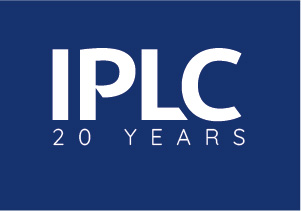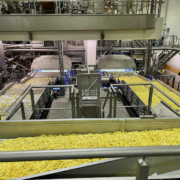How to become a Private Label supplier of choice
Suppliers must help retailers with new private label initiatives that respond to topical issues
By Koen de Jong and Paul Stainton
Retailers seek to deal with technically efficient and innovative private label manufacturers. For the largest categories, retailers pass on the responsibility for quality control, procurement, storage and distribution to their key suppliers.
At the other end of the spectrum we see small, creative and agile suppliers playing an increasingly important role in driving innovation. Among them are manufacturers that respond to opportunities in niches at the higher end of the market such as free-from, vegetarian and eco-friendly categories. In premium and local provenance segments too, mostly small and medium sized companies fill the gap that larger private label suppliers are less able to fill.
Retailers expect their suppliers to quickly respond to market trends and the latest market data. Also, they are expected to have good account management skills and a coherent vision on the category. Suppliers must help retailers drive the market forward with new private label initiatives that respond to topical issues such as packaging and food waste reduction, sustainable sourcing, animal welfare, and carbon emission reductions.
Sense of urgency
Retail organisations are faced with the challenge of keeping shelves stocked with a wide to very wide range of items every day. Supply chain management, in order to guarantee a complete assortment on the shelves with no out-of-stocks, is an immense operation.
Therefore, it is no surprise that retailers are demanding and not interested in problems and complexity from the side of the manufacturer. The last thing they need are suppliers that are difficult to contact or with communication that is slow and inefficient. The extent to which a company is proactive and capable of preventing problems of any nature for the retailer is of major importance. This, and how the supplier manages to overcome difficulties promptly and effectively, determines the trust the retailer has in the supplier. A relationship with few issues and high supply and service levels will lead to a satisfactory and long-term working relationship.
The speed at which a manufacturer can communicate externally with counterparts at the retail-end strongly depends upon the degree of internal communication within its own organisation. That is why all departments within the organisation of a private label manufacturer must have a highly developed sense of urgency.
Innovation
In order to quickly respond to new market opportunities, retailers increasingly insist on a proactive approach from private label suppliers. They should be capable of innovating actively and successfully, as this enables them to quickly match the introductions of manufacturer brands. Their aim is to keep the time-to-market of private label introductions as short as possible. Today private labels have evolved from following the brands’ lead to showing them the way. Retailers have become active innovators, breaking rules and experimenting with private label to drive category growth.
Account managers of the private label manufacturer should maintain a close relation with the retailers. They should be able to pick up signals at an early stage as this will feed the innovation process. By reacting alertly and proactively, a private label manufacturer can secure a competitive advantage. In addition, raw material and packaging suppliers often turn out to be valuable sources of information. Organising brainstorming and joint product development sessions with the retailer’s category teams have in many cases given the initial impetus to successful product developments.
In one of our upcoming newsletters we shall also address the key competences of a successful Private Label manufacturer and how to compete on other elements than price.
If you wish to find out how your company rates in being a Private Label supplier of choice you could consider the IPLC Quick Scan. To read more click here.
If you have any comments or additions to this post, we would love to hear from you on
info@iplc-europe.com





